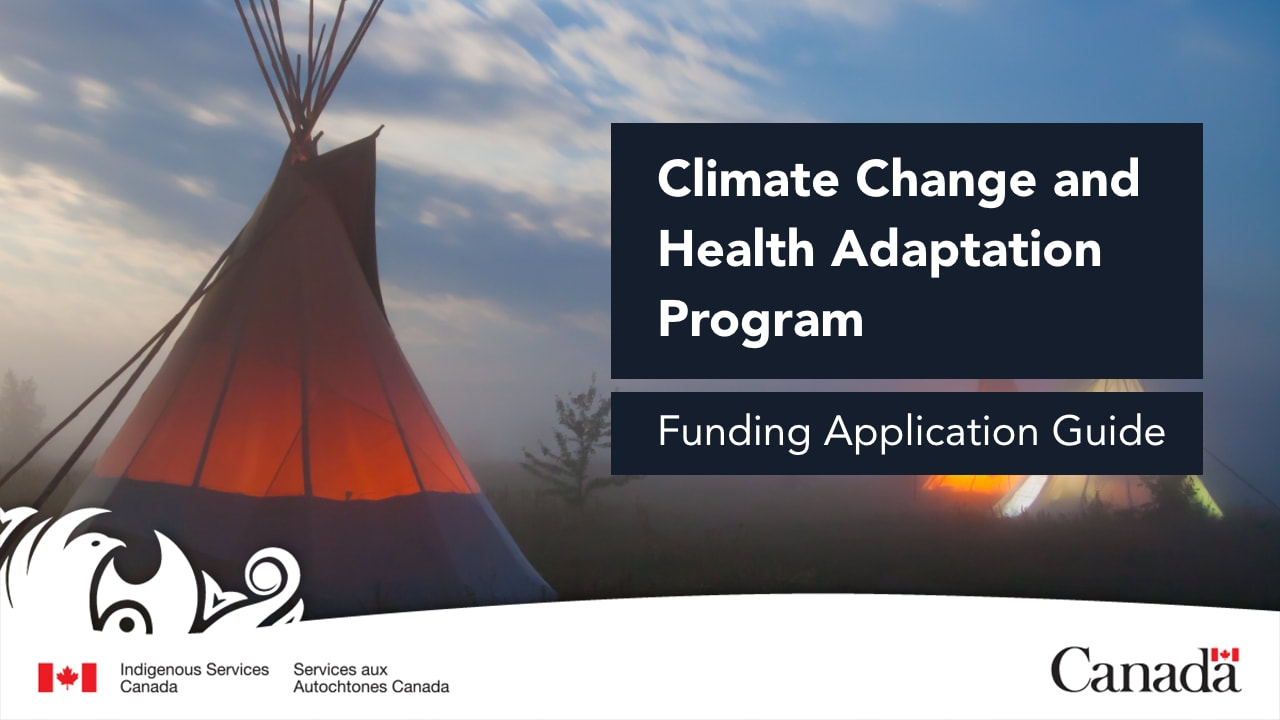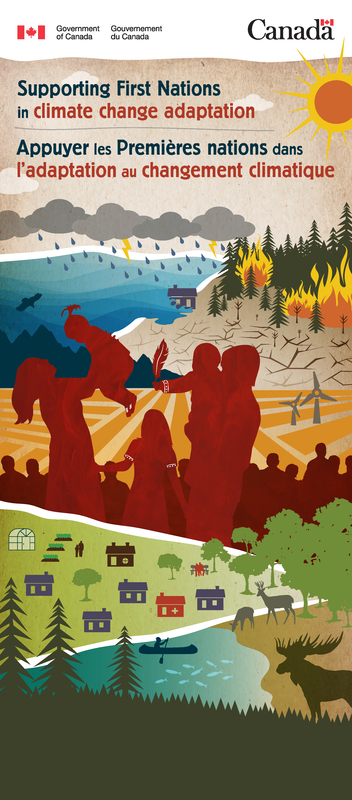Funding OpportunitiesIndigenous Services Canada’s Climate Change and Health Adaptation Program for First Nations South of 60°
EcoAction Community Funding Program
Science Horizons Youth Internship Program (Science Horizons)
Indigenous and Northern Affairs Canada’s First Nation Adapt Program
Indigenous Forestry Initiative (IFI)
The Indigenous Forestry Initiative (IFI) is an application-based funding initiative that supports the participation of Indigenous peoples in Canada’s natural resources sectors, especially the forest sector. IFI funds a variety of projects that promote forest-based economic development. Application packages are available by emailing IFI / IFA (NRCan/RNCan) <nrcan.ifi-ifa.rncan@canada.ca> and can be submitted throughout the year. http://www.nrcan.gc.ca/forests/federal-programs/13125 Indigenous Community-Based Climate Monitoring Program
Indigenous Services Canada’s Climate Change and Health Adaptation Program for Northern First Nation and Inuit communities (CCHAP North)
The program is open to First Nations and Inuit organizations and communities in the Yukon, the Northwest Territories, Nunavut, Nunavik, and Nunatsiavut.
| |||||||||||||||


